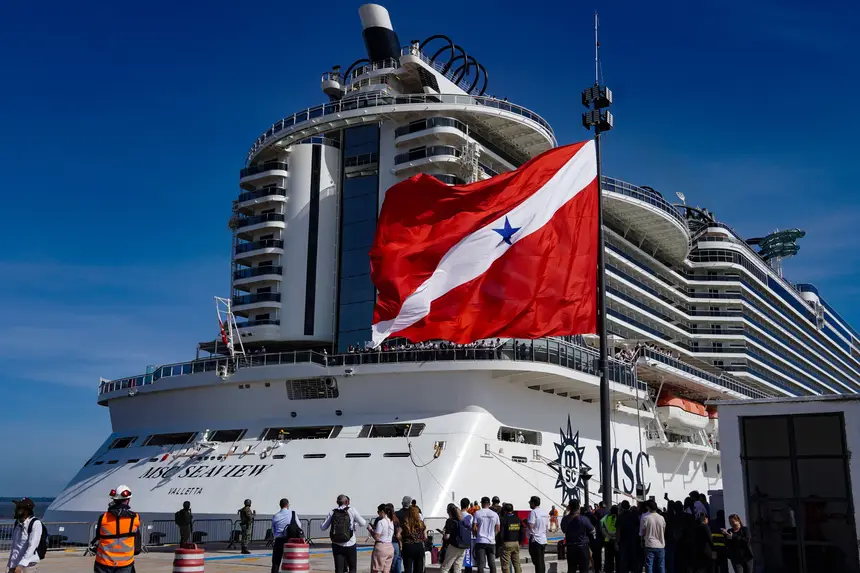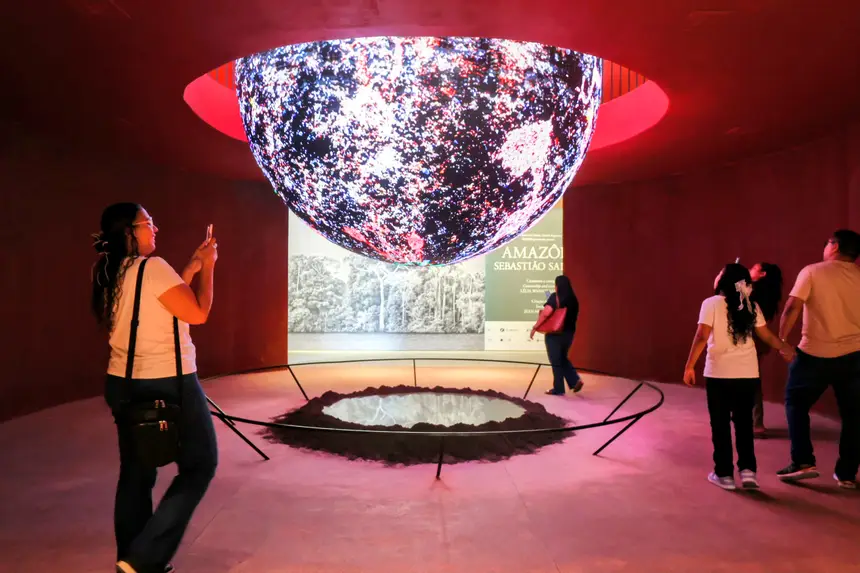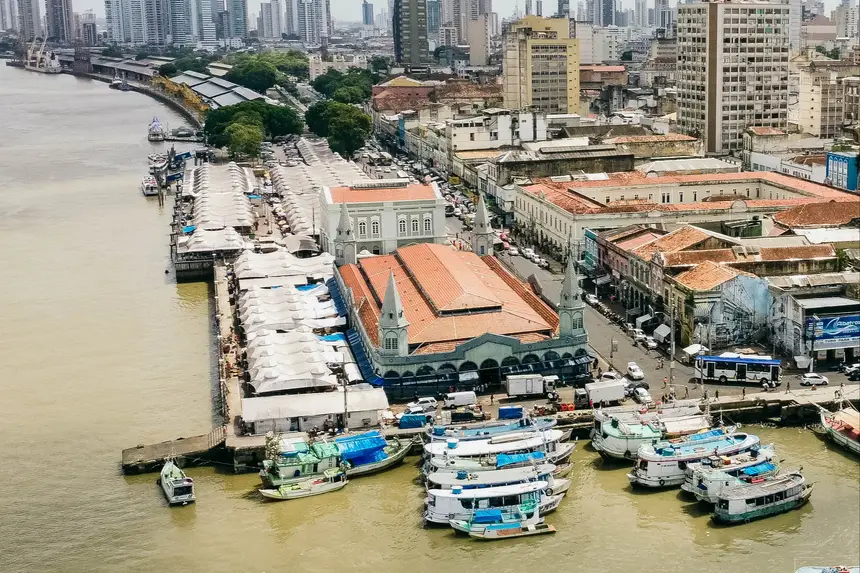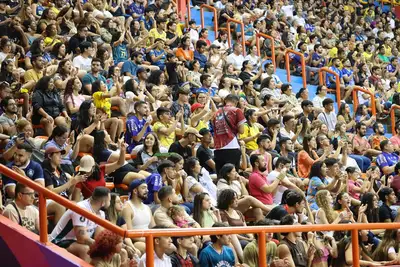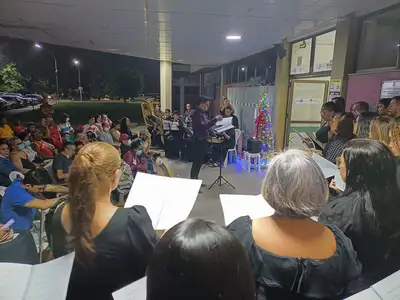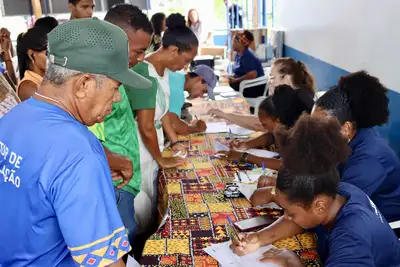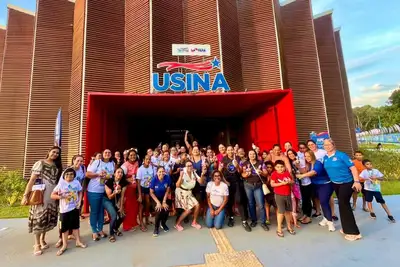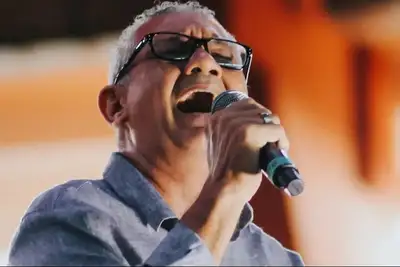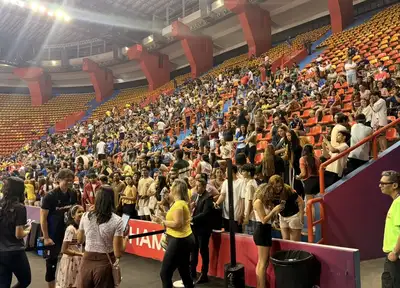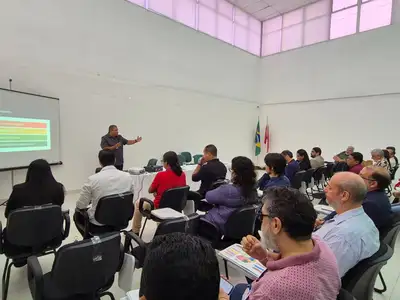Setur conducts research on the profile of tourists during COP30 in Belém
Data collection will take place in the official conference spaces and at strategic tourist spots, such as Estação das Docas, Ver-o-Peso, and others
The State Secretariat for Tourism (Setur) has initiated the Tourist Profile Research for COP30, a strategic action that integrates the State Tourism Management System and the Strategic Preparation Plan for the event. The initiative will take place during the conference period, from November 10 to 21, and aims to identify the socioeconomic profile, behavior, and perception of visitors who will be in Belém during the largest climate conference on the planet. The methodology adopted is the same used by the Ministry of Tourism (MTur) for large events.
According to the State Secretary for Tourism, Eduardo Costa, the research will be essential to measure the impact of COP30 on tourism and support new public policies for the sector. “Understanding who these visitors are, how they behave, what they consume, and how they evaluate the Pará destination is fundamental for planning sustainable and intelligent tourism. COP30 will be a watershed moment in promoting the State and consolidating Belém as an international capital of green tourism,” he emphasized.
The research is being developed in conjunction with the Pará Tourism Observatory. The fieldwork will involve a team of 20 researchers, who will apply 800 questionnaires — 600 in English and 200 in Portuguese — throughout the entire COP30 period. Data collection will occur both in the official conference spaces and at strategic tourist spots, such as Estação das Docas, Ver-o-Peso Market, Casa das Onze Janelas, Basilica of Nazaré, and Mangal das Garças.
According to the coordinator of the Pará and Northern Region Tourism Observatory, Admilson Alcântara, the research will be an essential tool for understanding the legacy of the event. “The tourist demand research will evaluate the visitor profile, travel behavior, tourist spending, and, mainly, the feedback on the product they experienced at the destination. It is important to understand how the visitor perceives our attractions and services, especially at a time when the whole world is focused on Pará. COP will bring a significant legacy, and we need to measure its economic, social, and cultural impact. This study will allow us to make this tourism analysis within all this legacy,” he highlighted.
The results of the research will compose a technical report that will serve as a basis for improving public policies and strengthening the promotional strategies of Pará, consolidating the State as a protagonist in sustainable and science-based tourism in the Amazon.


